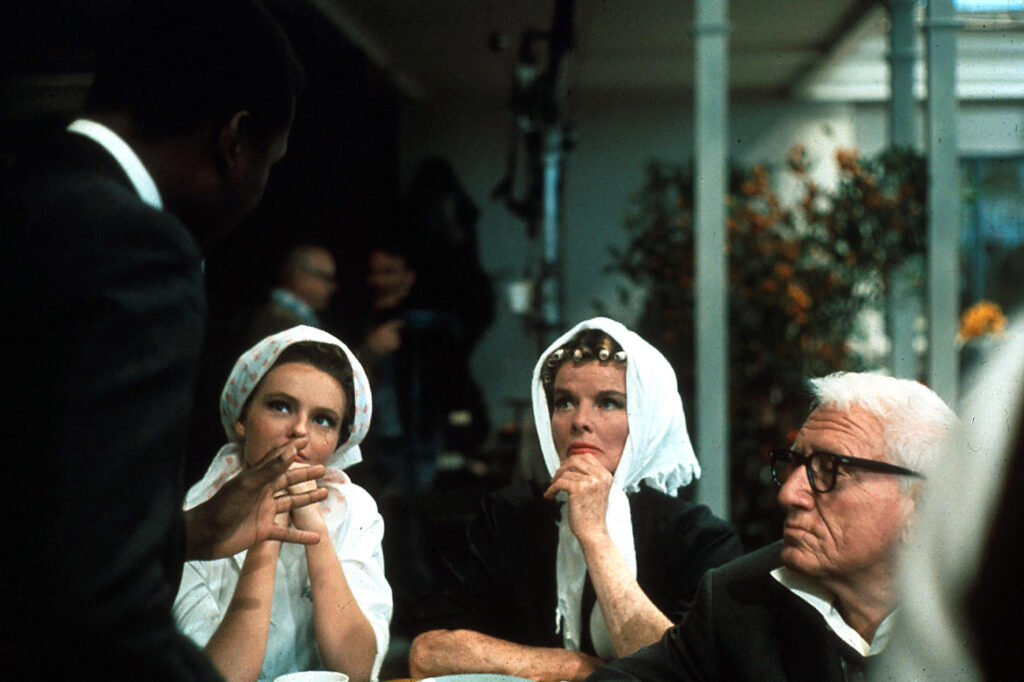Entertainment
Katharine Hepburn’s Heartbreaking Letter to Spencer Tracy Still Moves Fans Decades Later

-

 Entertainment4 days ago
Entertainment4 days agoBryson DeChambeau Makes Leukemia Survivor’s Dream Come True With VIP Golf Getaway
-

 Celebrity News1 week ago
Celebrity News1 week agoEverything Former First Lady Michelle Obama Has Said About Protecting Her Marriage to Barack Obama
-

 Celebrity News1 week ago
Celebrity News1 week ago‘Nonnas’ Star Lorraine Bracco Dishes Out Happiness Hacks: Gardening, Cooking for Loved Ones and More
-

 Entertainment1 week ago
Entertainment1 week agoRising Stars With Famous Roots: How the Next Generation of Talent Is Carrying On the Family Legacy
-

 Entertainment2 weeks ago
Entertainment2 weeks agoMichael Landon’s Most Inspiring Advice About Family, Faith and Accomplishing Dreams
-

 Royals2 days ago
Royals2 days agoPrincess Diana’s Shocking Secret Handwritten Will Hidden For 26 Years
-

 Entertainment1 week ago
Entertainment1 week agoBehind the Scenes of ‘Gladiator II’: Secrets, Scandals and One Denzel Washington Moment That Was Cut
-

 Celebrity News1 week ago
Celebrity News1 week agoHow Gwen Stefani and Blake Shelton’s Shared Faith ‘Centers Them and Keeps Them Strong’: Source












